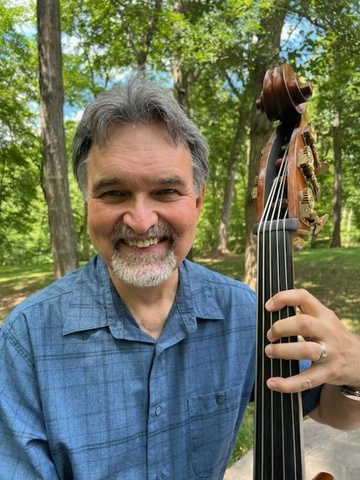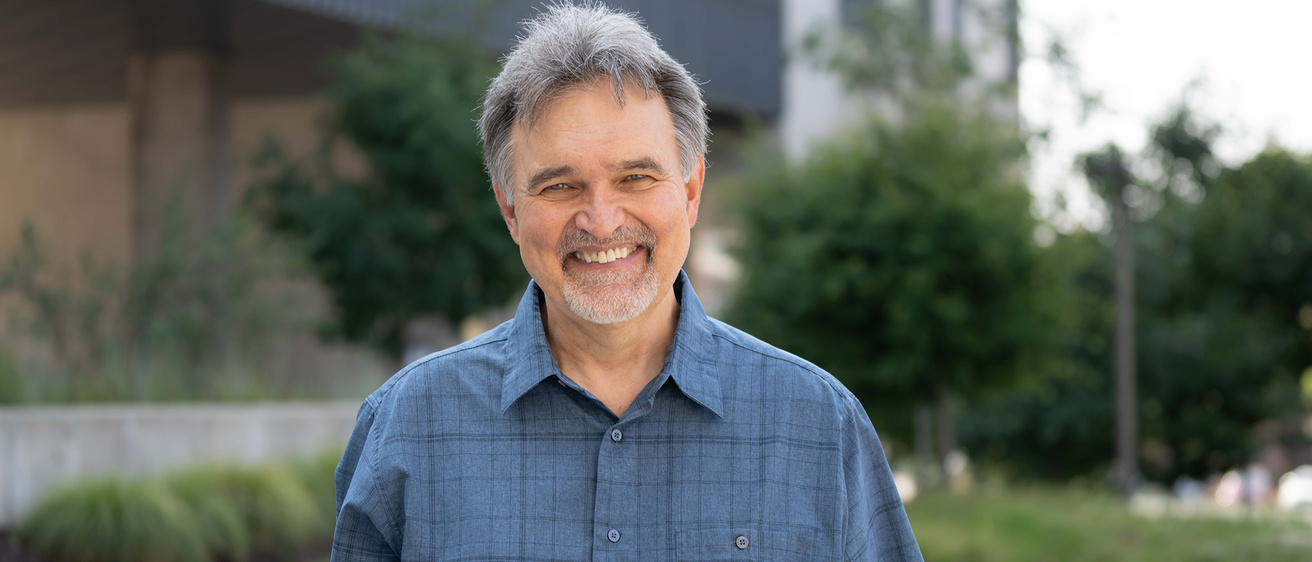After teaching future analysts and conducting renowned research in the University of Iowa College of Education’s Educational Measurement and Statistics program for more than 35 years, Professor Walter Vispoel has retired.
Pursuing his interest in research methodology and finding the best ways to maximize learning, Vispoel started working at the University of Iowa in 1987, following a brief stint as Director of Research and Testing for School District 214 in the Northwest suburbs of Chicago.
“I always have had some interest in math and did well in those courses; however, I never really aspired to be a measurement specialist until I took classes from Professor Robert Linn at the University of Illinois, a humble man of great intelligence, wisdom, and integrity who still inspires me to this day,” says Vispoel.
A renowned scholar who has published more than 100 journal articles and related tutorials, Vispoel has been highly productive throughout his career, most recently focusing his research efforts on generalizability theory and individual differences in psychological functioning. His latest research, merging generalizability theory and structural equation modeling, has been published in Psychological Methods; Psychological Assessment, Structural Equation Modeling: A Multidisciplinary Journal; the Journal of Personality Assessment, and other notable periodicals.

Working with colleagues from the University of Essex, Vispoel’s companion area of research involving achievement emotions also resulted in a ground-breaking article that was recently published in the Journal of Personality and Social Psychology. This body of research was picked up by major media outlets and is gaining considerable international attention.
In addition to his research, Vispoel taught three courses per semester for nearly his entire career. He served on hundreds of comprehensive exam and thesis committees and directed/codirected approximately 50 dissertations. Finishing on a strong note, Vispoel has published more articles over the last two years than any other time in his career.
While his educational roots inspired an interest in measurement and statics, music was, and remains to this day, one of Vispoel’s greatest passions.
“Some may not realize this, but Walter is an incredibly talented musician who played for many years in different bands, and even performed on numerous occasions for college events,” says Professor Saba Rasheed Ali, associate dean for research and former interim DEO for psychological and quantitative foundations.
Growing up in Chicago, Vispoel started playing music seriously at the age of 17. Although his parents didn’t necessarily approve, he played in garage bands and performed in guitar masses at numerous Catholic churches.
“I progressed rapidly enough to be hired to teach students how to play various instruments at the Old Town School of Music,” he says. “After a couple of years, I temporarily dropped out of college to pursue a career in music fulltime. That lasted about four years.”
Vispoel inevitably decided to go back to school and finished his bachelor’s, master’s, and doctoral degrees at the University of Illinois. Although he majored in psychology and quantitative methods, he managed to stay involved with music, minoring in the artform, and continued to play one style or another throughout his life.
As he vacates his tenure at the college, Vispoel says he will miss working with students and conversing with colleagues on a regular basis. In retirement, he will continue to work part-time on a National Institutes of Health (NIH) research grant over the next four years.
“I still feel like I have yet to reach my peak. I am always learning, and believe I have unfinished business to complete.”
During this next chapter, he also plans to travel; practice mindfulness more regularly; play, listen to and interpret music more frequently; enjoy the positive things that life has to offer, and be grateful for such opportunities.
“Walter was so kind to me, particularly as an assistant professor who was really intimidated by statistics,” adds Ali. “To say that he has been an integral part of the college for so many years and a vital part of the fabric of the P and Q (Psychological and Quantitative Foundations) department is an understatement. Thank you, Walter, for your countless contributions and for the incredible legacy of your scholarship and service to the college.”
